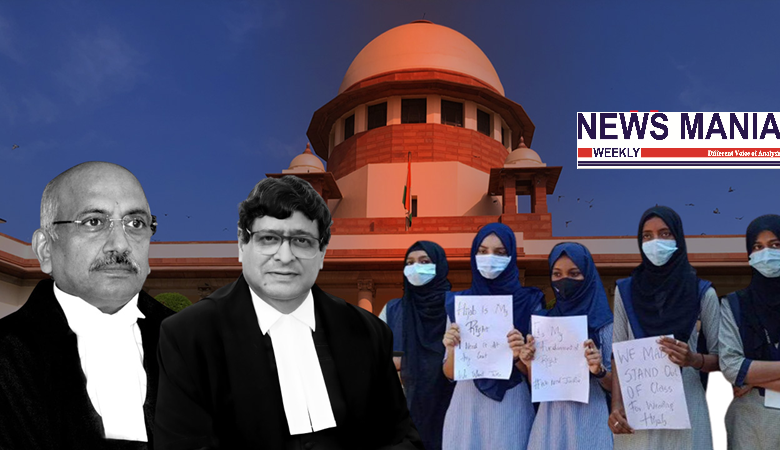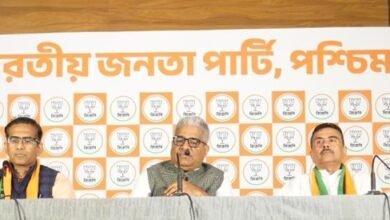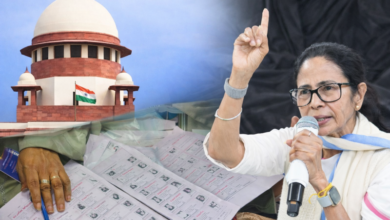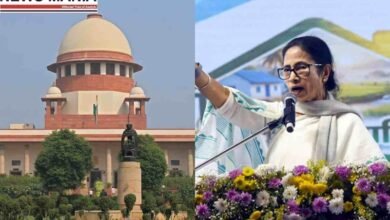SC requests the Center’s response about a woman’s request to be subject to secular law after leaving Islam

News Mania Desk / Piyal Chatterjee / 25th October 2024
In response to a Kerala-based lady who was born a Muslim but is now a non-believer, the Supreme Court on Monday requested that the Center address her request to be subject to the Indian Succession Act of 1925, a secular statute, rather than sharia law. Speaking before a bench led by Chief Justice of India D.Y. Chandrachud, Shafiya PM, who was represented by attorney Prashant Padmanabhan, stated that both the freedom to believe and the right to not believe are protected under Article 25 of the Constitution. According to Chief Justice Chandrachud, the 1925 explicitly excluded Muslims from its purview.
Speaking on behalf of the Union government, Additional Solicitor General Aishwarya Bhati stated that the petition’s prayer was inside the legislative purview because it could only be implemented by a 1925 Act change.
However, the court requested that the government respond to the petition. The petition filed by Mr. Padmanabhan for Ms. Safiya said the apex court had emphasised on the “fundamental postulate of secularism which treats all religions on an even platform and allows to each individual the fullest liberty to believe or not to believe”.
According to Mr. Padmanabhan, a person who abandons her faith shouldn’t be disqualified or disabled in terms of inheritance or other significant civil rights. According to the petition, the Muslim Personal Law (Shariat) Application Act of 1937 governs those who are born Muslims. “Persons who do not want to be governed by the Muslim Personal Law must be allowed to be governed by the secular law of the country, viz, the Indian Succession Act, 1925 both in the case of intestate and testamentary succession,” the petition said.
A person who abandons Islam is expelled from her community and is not eligible to inherit any of her parents’ property, according to Ms. Safiya, general secretary of the Ex-Muslims of Kerala. “The petitioner wishes to get a declaration that she shall not be governed by Muslim Personal Law for any of the matters listed in Sections 2 or 3 of the Muslim Personal Law [Shariat] Application Act, 1937, but there is no provision either in the Act or in the Rules wherein she can obtain such a certificate. There is a clear vacuum in the statute which can be plugged by judicial interpretation,” the petition noted.
It noted that the legal vacuum would leave the petitioner with no recourse to succeed to her parental property even if she officially got a no-religion, no-caste certificate from an authority. eom






